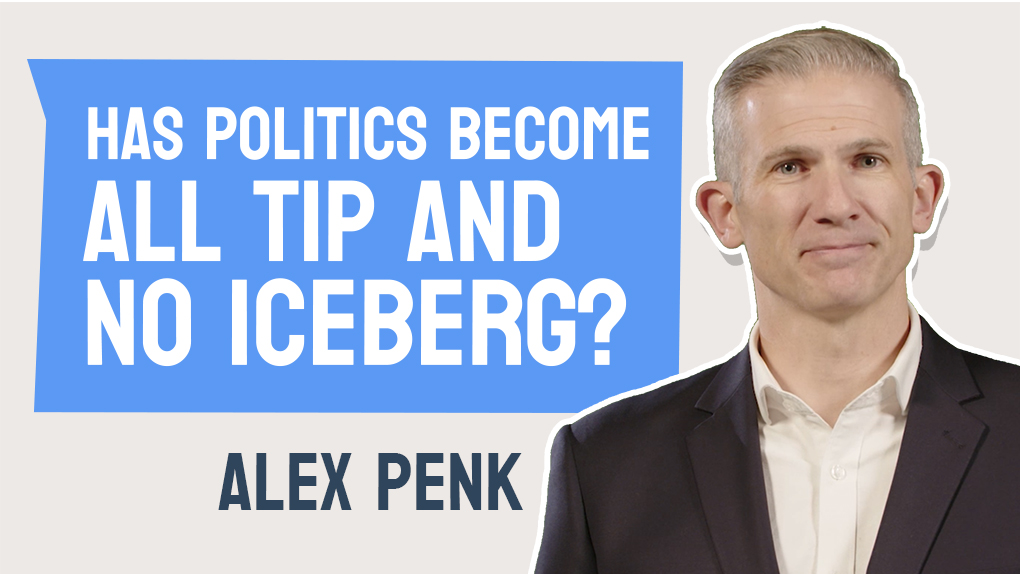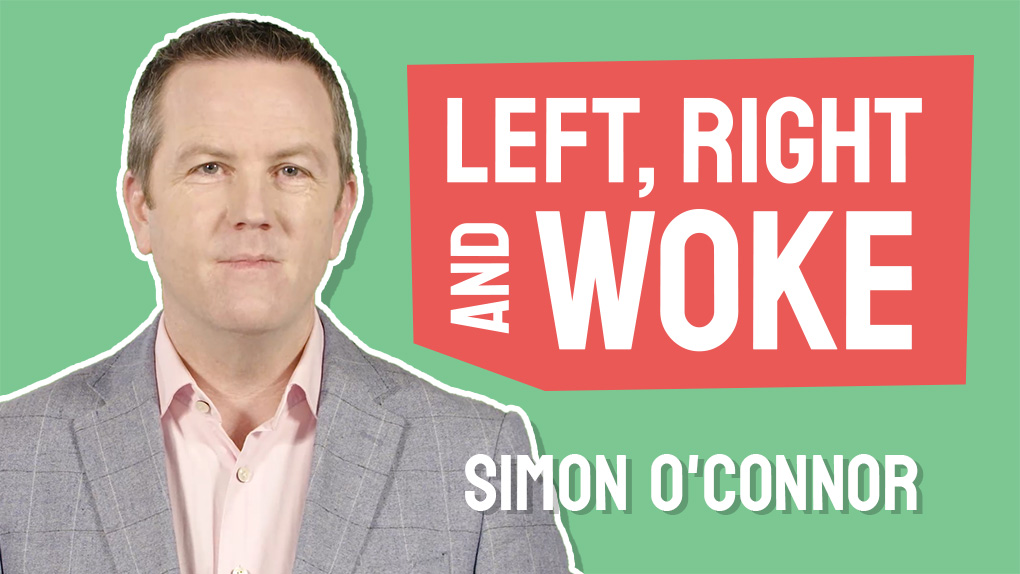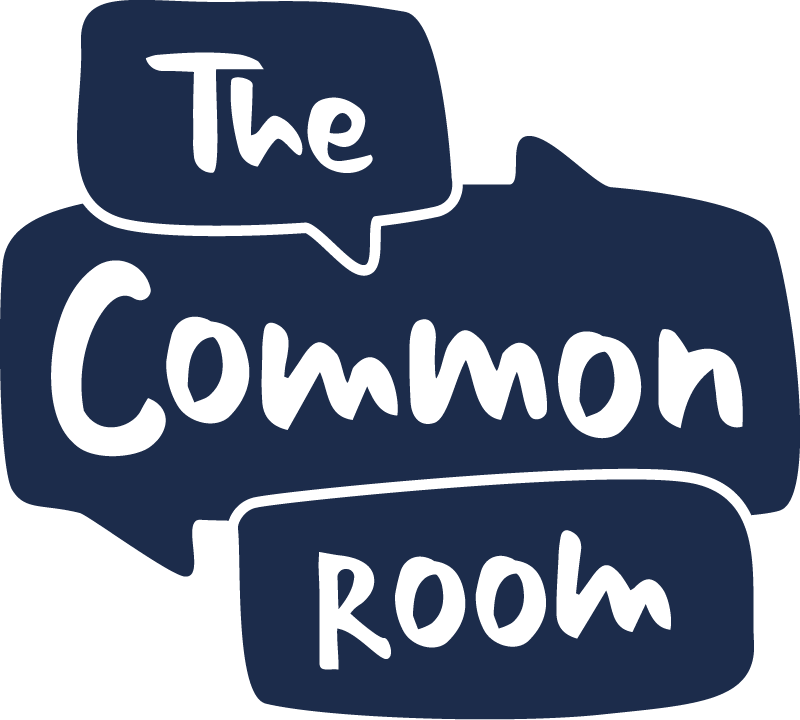The madness of identity politics
9 April 2023, 40.4k views*
Welcome to the age of identity politics. Where instead of celebrating success, many of our loudest voices focus on victimhood. And instead of acknowledging you as an individual with unique experiences, you are reduced to what ethnic, racial, or gender group you fit into.
What is identity politics, and why does it matter to you?
Well, the first thing to understand about identity politics is that you don’t matter. All that matters is what group, or tribe, are you are part of:
Are you black or white, Māori or Pākehā; are you gay or straight, young or old – in the fact, there are so many various and possible group identities are almost endless.
What isn’t included is you – your life, your experiences, your thoughts, desires, or ambitions.
To embrace identity politics is to say that the group is always more important than the individual. And so, all that matters is that you fit into some sort of group, usually based on your race, or gender, or ethnicity.
I recall in parliament, discussing some piece of legislation, where a person introduced themselves as “young, a woman, lesbian, and Māori”. Well, that was nice but it had nothing to do with the piece of legislation before us. What was happening was classic identity politics – that her views were to be given more weight, not because of anything she was about to say, but because of the groups she belonged to.
For those embracing identity politics, your value and importance is solely linked to the value of the group – again, not you as an individual, the merit of your argument, or the life experience you have had to date.
We all remember the words of Martin Luther King – “I have a dream that my four little children will one day live in a nation where they will not be judged by the colour of their skin, but by the content of their character.”
This is the antithesis – the opposite – of identity politics. Identity politics says the colour of skin is the most important quality, and your character doesn’t matter.
While the 1960s civil rights movement stressed identity to ensure all were treated equally, the modern identity politics movement stresses identity to entrench difference. That is why activists call for safe spaces; separate systems based on race; or cancelling groups they don’t agree with.
Ultimately, identity politics is one of division, difference, and derision. It is not one of democracy or diversity.
But it gets worse, as identity politics has also given birth to something called Intersectionality. Intersectionality takes all these various groups and assigns them one of two categories – your group is either an oppressor or a victim.
So here in New Zealand, if you are European, then you are a coloniser and always an oppressor. If you are Maori, then you are always a victim.
Importantly, this categorisation is regardless of your personal situation. If you are a wealthy and successful Maori, you are still a victim. If you are a poor European on the unemployment benefit fighting depression, you are still an oppressor. This is the madness of identity politics and intersectionality.
Intersectionality also seeks to establish a hierarchy of who is the greater victim, depending on how many victim groups they can claim. The number of intersections are endless, and the competition to out-victim the next is intense. Whether you as an individual have some experience or view to share is secondary to your position on the ladder of victimhood.
Instead of celebrating success, identity politics focuses its attention on victimhood. Instead of acknowledging you as an individual with unique experiences, you are reduced to what ethnic, racial, or gender group you fit into.
And for the final insult that is identity politics, if you are assigned a group but don’t fit their wider political narrative – often left-wing and Marxist – then you are to be derided and excluded. In fact, you are to be ejected from that group and denied the very identity even though you clearly are! We need only think of Black Americans who do not buy into Black Lives Matter, or those of the LGBTI plus community who don’t agree with the latest gender theory – according to proponents of identity politics, they are no longer black or gay.
At the heart of identity politics is the rejection of you as an individual. You are no more than the groups you are assigned too. And once in these groups, there is no hope, there is no redemption. Just perpetual victimhood and oppression.
We should reject identity politics and intersectionality and instead celebrate everyone for who they are in their own right. Martin Luther King’s words are truer than ever – let us judge people by the content of their character, not the colour of their skin.
I’m Simon O’Connor, for The Common Room.
*Aggregated views across platforms




